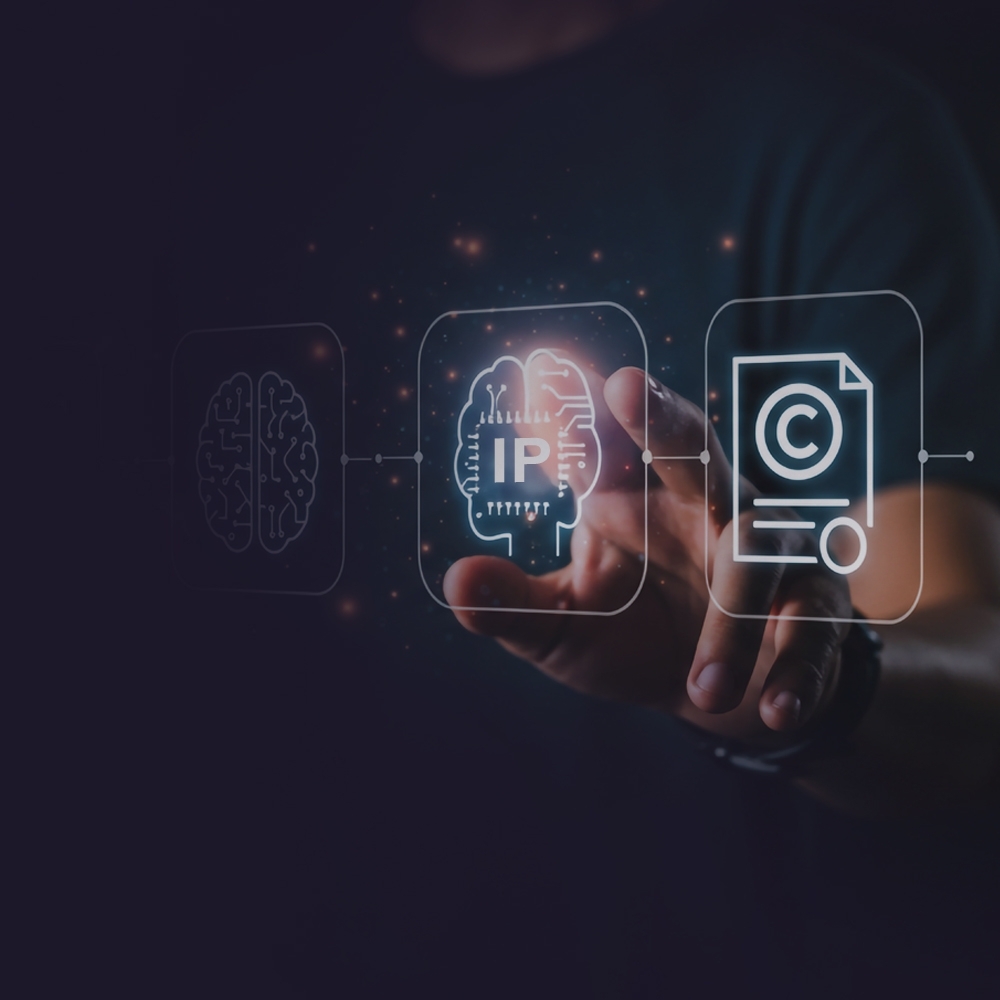18.06.2025
Keltie is proud to announce its best-ever result in the Financial Times Europe’s Leading Patent Law Firms 2025, achieving five Gold rankings and one Silver. This performance places Keltie among the top ten firms in Europe once again and marks the seventh consecutive year of recognition since the rankings began.
Thank you
To celebrate, we’re shining a light on some of the people behind the patents, the attorneys trusted by founders, inventors, and global businesses alike.
We sit down with Mark Richardson, a partner at Keltie known for his strategic insight, plain-speaking advice, and infectious enthusiasm for helping clients succeed. Mark’s answers reflect why clients come to Keltie: they’re warm, accessible, and grounded in decades of experience, but they’re also curious, tech-aware, and ready for the future.
Whether Mark is advising a startup on its first filing or guiding multinationals through AI developments, Mark’s approach is practical, thoughtful, and full of clarity. With a background in physics and a passion for communication, he is a trusted advisor and a natural educator, qualities that align with Keltie’s Financial Times Gold-standard recognition.
Read the Q&A below to discover more about Mark’s strategic insights and his fascinating sci-fi memorabilia collection that often stars in his popular IP videos.
Eighteen-year-old Mark was blissfully unaware of anything beyond going to uni with the opinion that “science is cool.” I had no real feel for what career I’d end up doing at that age, and nothing much changed by the time I finished three years later!
I was actually taking a year out after finishing my studies to work out what I wanted to do when a chance connection through a family member led me to a discussion with a patent attorney. After a bit of research, the role of a patent attorney seemed to tick a lot of boxes for me, and here I am, roughly three decades later!
Having a good mix of clients means I get to see a wide range of different IP issues. Working for both types of clients is rewarding. I do like the aspect of educating new clients on IP and working with them to flesh out a strategy that works for them. You also get entrusted with working with their core IP, which carries a lot of responsibility, but also, a lot of satisfaction that you’re helping them grow their business. Working with IP-savvy clients is a slightly different experience, but you tend then to get familiar with repeat inventors and really get into their technology areas.
AI has been part of the innovation landscape for years—whether in the form of machine learning, predictive analytics, or automation—but the rapid rise of generative AI seems to mark a new chapter. The accessibility and versatility of these tools seems to have unlocked new ways of approaching problems and enabled cross-disciplinary solutions.
As far as the impact on IP strategy is concerned then this might mean innovation emerges from unexpected corners of organizations. As a result organisations should have clear internal processes in place to capture innovation regardless of where it comes from.
Generative AI isn't in my view replacing human ingenuity, but augmenting it. As a result, strong IP strategy today means being proactive, nimble, and ready to protect innovation that doesn’t always fit into traditional silos.
At the moment I think we’re still finding our way with AI and the best ways it can help us out. So over the next 5 to 10 years, I’d expect AI to become more integrated into the fabric of how businesses operate and innovate.
Beyond that, AI will increasingly assist in the IP process itself. We’re already seeing tools that promise to impact many of our workflows, bringing efficiency improvements and allowing us to spend more time working on delivering high-quality work products for our clients.
In short, the next decade will redefine not just what we protect as intellectual property, but how we go about protecting it.
The core principles of IP, protecting what makes you unique and creating defensible value, will apply across the board. But the advice may look different in practice depending on the maturity of the industry.
In a mature industry, IP strategy can sometimes be more about navigating around crowded patent landscapes, building defensible positions, and identifying incremental innovations. You’re playing a game where the rules are well established, and the competitors are savvy.
For emerging technology areas, advice tends to focus more on staking out broad, foundational claims, moving quickly before standards emerge, and thinking about IP not only as protection but also as a signal to investors, partners, or regulators. So, the principles, building value, protecting strategically, and aligning IP with business goals are constant. But how you execute them can vary based on where the industry is in its lifecycle.
“What’s IP?” is a frequent question I’m asked! IP plays a role in many different aspects, and almost every business will encounter one or more forms of IP in some way. I’d like to see greater education around patents, designs, and trade marks, why they matter and how to use them effectively, so that in the future, instead of “What is IP?” I’m asked, “How can I best use, develop, or protect my IP?”
People sometimes jump straight to “Should I get a patent?” without considering that patents are one piece of a much larger toolbox. In many cases, copyright, trade mark, or trade secret protection, alone or in combination, might need to be considered along with broader issues relating to IP in contracts or agreements. I think it’s important to constantly review your IP strategy to make sure it’s always aligned with your business goals.
Possibly something within the quantum field, as it’s a technology field that promises so much and is getting closer and closer to the mainstream. Also, I’m a sucker for anything science fiction so anything in the space field!
Ha! Yes, the lockdown era… Most of those videos were conceived as a bit of fun and a way of introducing some IP to my LinkedIn connections. I think the 2001 homage or the IP in music videos are probably my favourite, as I managed to persuade my son to appear!
At Keltie, we’re proud to pair technical excellence with a human touch. The Financial Times recognition reflects not only our legal and technical achievements across six specialisms, including five Golds, but also the relationships we build and the way we work.
To read more about our FT success and what sets Keltie apart, see the full press release here. https://www.keltie.com/knowledge/keltie-celebrates-record-success-with-five-gold-rankings

19.08.2025
Setting your IP strategy - Part II: Monetisation of IPBusinesses may be deterred from taking steps to acquire IP rights because of the associated costs; however, when acquired strategically, IP rights can provide a substantial revenue stream. Following on from the first article in this series, the following considers how patents, trade secrets, and more may be monetised in practice, particularly in the field of AI.

22.10.2025
A year on: IP Advance Scheme for SMEsOne year on from the launch of the IP Advance Scheme, Nathaniel Taylor shares an update on the latest SME financial support scheme, IP Advance, launched by the UK IPO.
Thank you